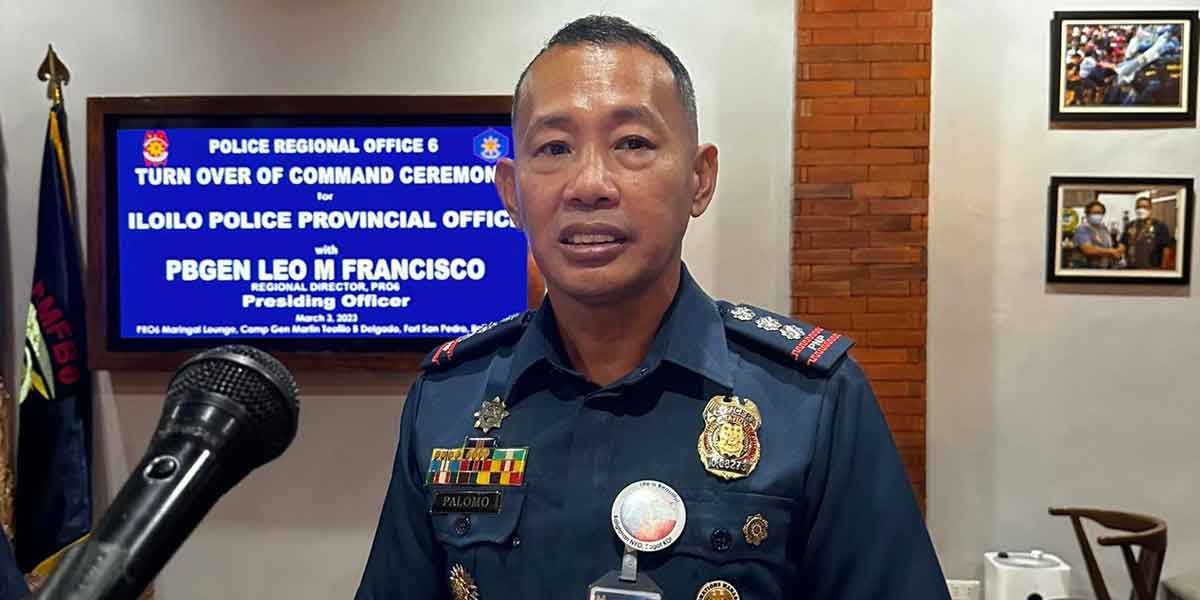By Joshua Corcuera
“Darkness cannot drive out darkness; only light can do that. Hate cannot drive out hate; only love can do that.” These words were uttered by Martin Luther King Jr., a widely celebrated American civil rights activist who lived in a time where racial segregation and discrimination were rampant in the United States. Despite hatred, racism, and enormous struggle faced by King and other people of color, they generally resorted to peaceful means in order to advance their causes.
In contemporary society, both in the Philippines and abroad, vengeful actions have been taken by people who claim to be prejudiced or victimized by others. In effect, they have decided to put justice into their own hands instead of entrusting it to the courts of law. Rather than filing a criminal case or a complaint in a court, people decide to kill those who allegedly provoked them. Ultimately, an endless cycle of violence with one party seeking revenge unto another and vice versa was created. Worse, innocent people may be involved in these conflicts.
With this harsh reality that we are currently living in, we can gain several insights to ponder and reflect on. First, it is crucial to create an environment where conflicts can be resolved in a speedy manner. One contributing factor as to why people decide to put the law on their hands is because of the perception that our justice system is slow, expensive, and prone to corruption and bribery which would adversely affect the poor. Hence, instead of going to courts to settle disputes, alleged victims decide to settle disputes by themselves—according to their will.
Of course, this is something we would not, and should not, allow to happen. However, it is a reality that cannot be denied. The best we can do is to assure that the justice system will act faster, become more accessible to the poor, and be transparent so that corruption can be alleviated significantly. Through this, more people would have faith again in our courts, and conflicts would be resolved judicially while observing important legal concepts such as due process and equal protection of the laws.
Second, awareness of justice starts at a young age. When we think of justice, we usually think of the legal concept, we think of courts and lawyers, and the like. While this is a valid thought, justice can be seen in our little, everyday actions even when we were still young children. If one is observant, one can see that many children become angry and fight back—sometimes excessively—when they are provoked. As a result, those who provoked them will continue hurting them and the cycle would go on until an adult comes in. Fortunately, children usually become friends almost immediately. But there are also those who would grow up believing that justice can only be attained through violent means. It is imperative for educators and parents to resolve conflicts involving their children and teach them how to appropriately address disputes—they might bring that until they become grown-ups.
In a society where injustice is rampant and pervasive, doing another injustice just to feel good is not the right answer because it would result in an endless cycle of injustices. This is why it is important to seek justice under an independent court where the rule of law would prevail, so that closure can be brought to both parties, and violence would finally stop.






















